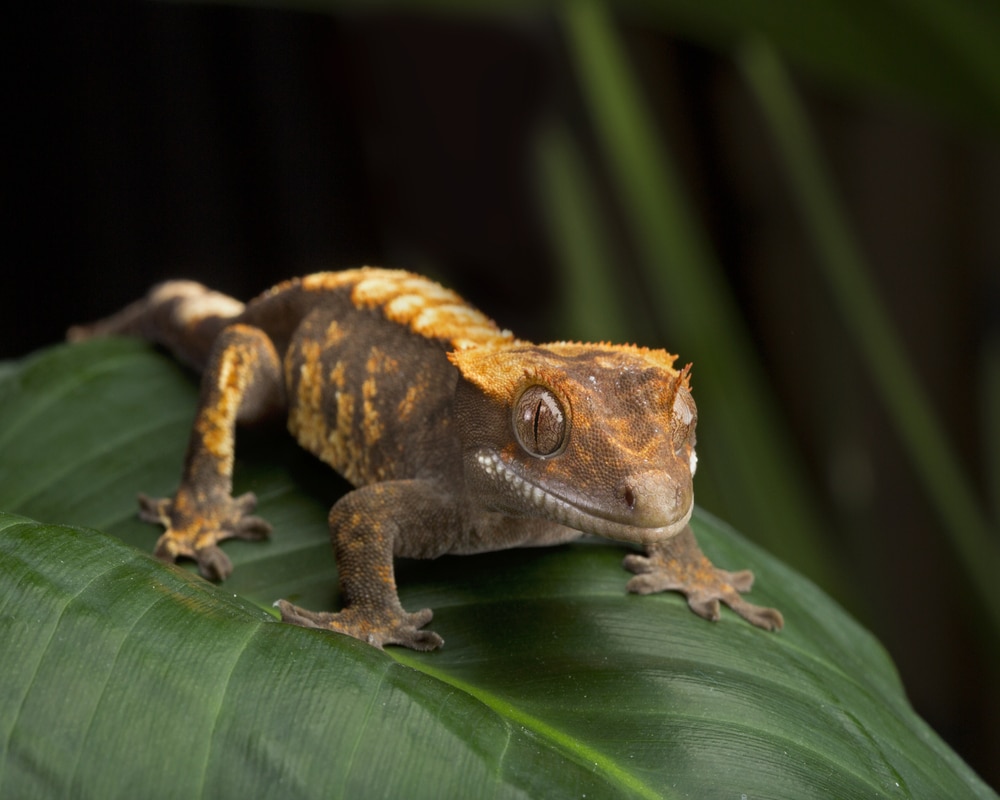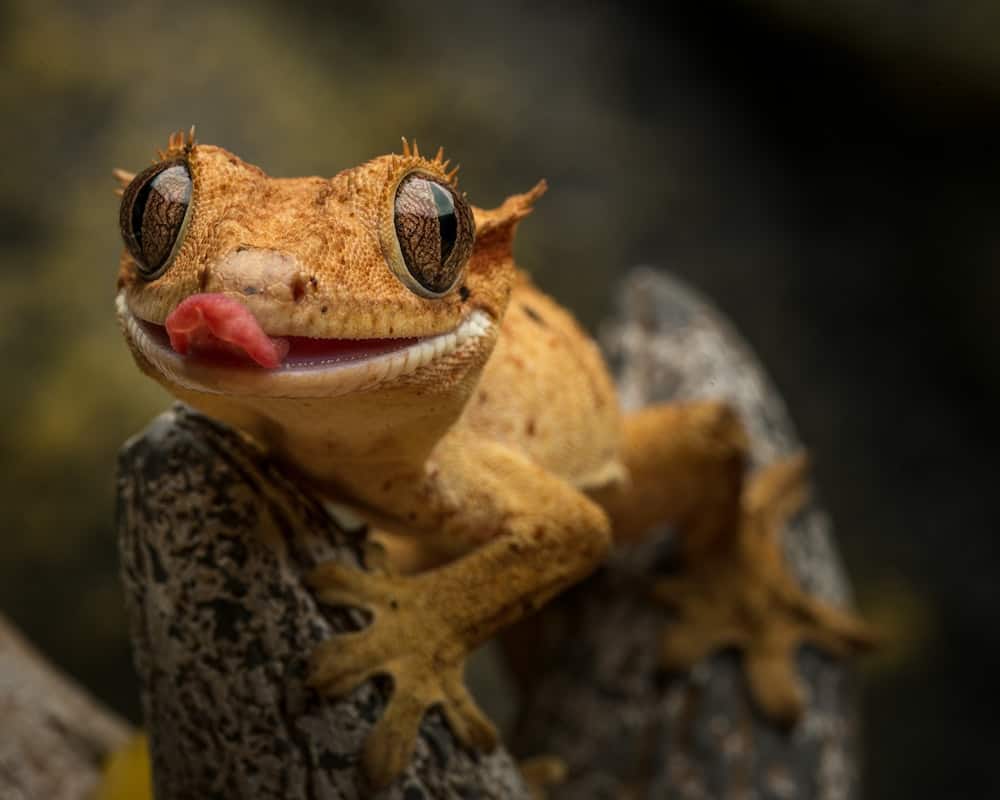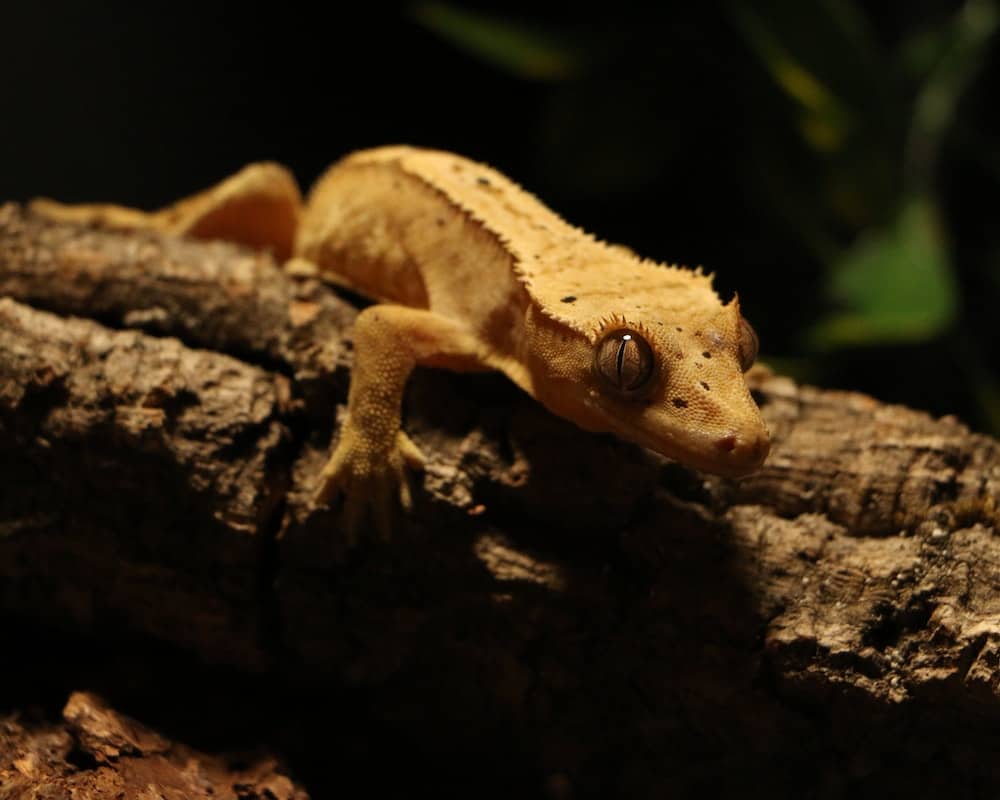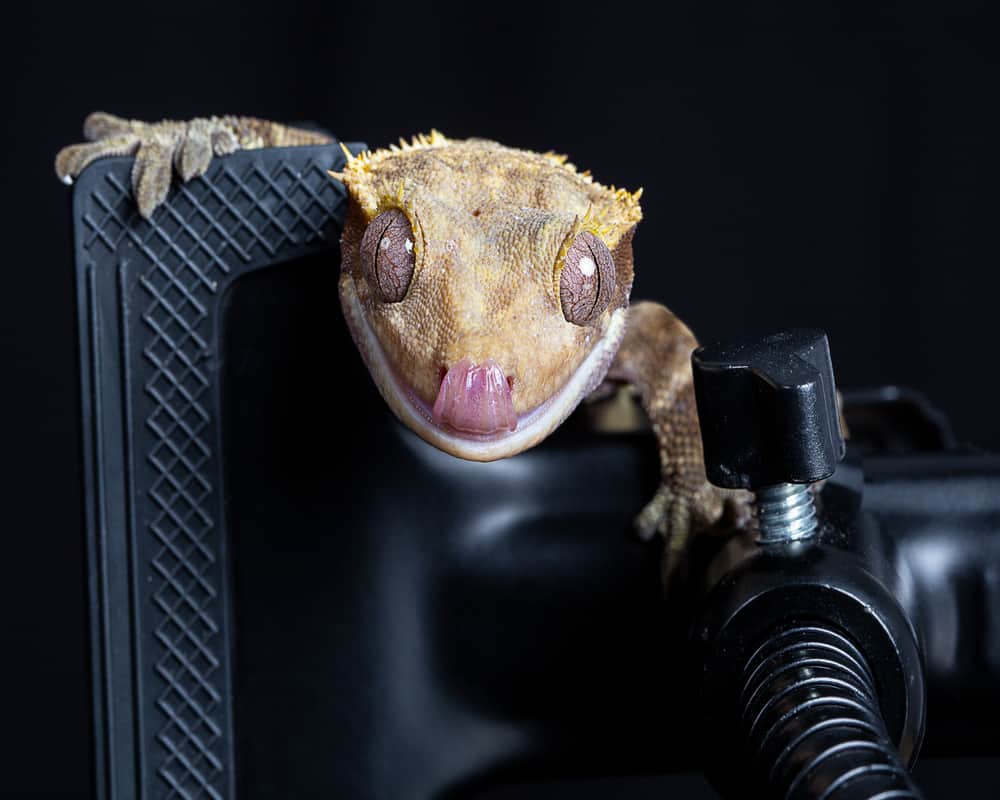If you have a pet crested gecko, as a responsible caretaker, you need to understand its life expectancy. This is essential to unlock the secrets of a long, healthy, and fulfilling journey together.
- How Long Do Crested Geckos Live For?
- Natural Lifespan Of Crested Geckos
- Optimal Care For Crested Geckos
- Common Health Concerns
- Lifelong Care And Bonding for Crested Geckos
- Balancing Diet And Nutritional Supplements
- Providing Enrichment For Mental Stimulation
- Aging And Adjusting Care For Senior Geckos
- Seeking Veterinary Care For Crested Geckos
- FAQs
- Conclusion
How Long Do Crested Geckos Live For?
Cresties have a relatively long lifespan compared to some other reptiles making them ideal long-term companions for those willing to provide the appropriate care and attention. Cresties can live for approximately 15-20 years or more in captivity with proper care.
In this article, we will explore the factors that influence their lifespan, how to maximize their longevity, and common health concerns to ensure your pet thrives under your care.
Natural Lifespan Of Crested Geckos
In their natural habitat, cresties can live up to 15-20 years or even longer. However, their lifespan in captivity can vary depending on various factors, including genetics, care, and overall health.
Genetics plays a vital role in determining the potential lifespan of a crestie. Some individuals are born with stronger genetics, which may lead to a longer life expectancy compared to others.
Unfortunately, determining the genetic history of a crestie can be challenging, especially if it was not acquired from a reputable breeder.
Optimal Care For Crested Geckos
Providing proper husbandry is crucial to ensure a healthy and thriving crestie. Here are some essential elements to consider:
1. Enclosure
A suitable enclosure is the foundation for a happy gecko. A standard 20-gallon terrarium can house a single adult crested gecko, though larger enclosures such as 30-gallon tanks are preferable to offer more space for climbing and exploring.
Vertical space is essential as cresties are arboreal creatures that love to climb.
2. Substrate
A substrate that maintains humidity and allows for burrowing is essential. Coconut fiber or eco-earth mixed with sphagnum moss works well, creating a naturalistic environment and aiding in maintaining the required humidity levels.
3. Temperature And Humidity
These reptiles are comfortable at room temperatures ranging from 72°F to 80°F (22°C to 26°C). Nighttime temperatures can be slightly cooler. Humidity levels should be kept between 50% and 70%.
Using a hygrometer and thermometer is essential to monitor these parameters accurately.
4. Lighting
Crested geckos are primarily nocturnal, so they don’t need UVB lighting like diurnal reptiles. However, providing a 12-hour light-dark cycle is beneficial as it helps regulate their biological rhythms.
5. Diet
A balanced diet is critical to the health of these reptiles. They are omnivores and primarily eat fruit-based diets in captivity. Prepared commercial diets and live insects such as crickets or roaches can be offered as treats.
Calcium and vitamin D3 supplements should be dusted onto their food to prevent nutritional deficiencies.
6. Hydration
Providing a shallow water dish is essential for your pet to drink from and soak in. Additionally, regular misting of the enclosure will help maintain proper humidity levels and allow your gecko to drink droplets from leaves.
7. Environmental Enrichment
Offering plenty of hiding spots, branches, and foliage in the enclosure will keep your gecko active and mentally stimulated.
Common Health Concerns
To ensure a long and healthy life for your crestie, it is essential to be aware of common health issues that may arise:
1. Metabolic Bone Disease (MBD)
Metabolic Bone Disease (MBD) occurs due to calcium and vitamin D3 deficiencies, leading to weakened bones and skeletal deformities. Providing a diet rich in calcium and appropriate UV lighting can prevent MBD.
2. Respiratory Infections
Improper temperature and humidity levels can lead to respiratory infections. Regularly monitor these parameters and seek veterinary attention if you suspect any issues.
3. Parasites
Internal and external parasites can affect these reptiles. Regular fecal exams and preventative treatments can help keep these pests at bay.
4. Tail Loss
These reptiles have a defense mechanism called autotomy, where they can drop their tail when stressed. While the tail will regenerate to some extent, it is essential to minimize stress to prevent this behavior.
5. Stuck Shed
Inadequate humidity can lead to shedding problems. Providing a humid hide and ensuring proper humidity levels will help your gecko shed its skin smoothly.
Lifelong Care And Bonding for Crested Geckos
Cresties can form strong bonds with their owners, becoming relatively tame and comfortable with handling over time. Building trust and providing gentle handling will help strengthen this bond.
Additionally, regular veterinary checkups are essential to catch and address any health concerns early.
As your gecko ages, its needs may change. Older geckos may become less active and eat less, which is generally considered normal. However, if you notice any drastic changes in behavior or health, consulting a reptile-savvy veterinarian is crucial.
Balancing Diet And Nutritional Supplements
A well-balanced diet is crucial for the overall health and longevity of cresties. Their diet should primarily consist of fruit-based commercial diets which often come in powdered form.
These diets are specifically formulated to provide the necessary nutrients for your gecko’s well-being.
Supplementing the diet is essential to ensure your pet receives adequate calcium and vitamin D3. Dusting their food with calcium powder is particularly important for growing juveniles and females during the breeding season.
However, it’s crucial not to over-supplement with vitamin D3 as excessive amounts can be harmful.
Providing Enrichment For Mental Stimulation
These reptiles are intelligent creatures that benefit from environmental enrichment. Adding various climbing structures, plants, and branches to their enclosure will encourage natural behaviors and keep them mentally engaged.
Rearranging the enclosure occasionally will also provide novelty, preventing boredom and stress.
Aging And Adjusting Care For Senior Geckos
As they age, their needs may change, and they may become less active. While some older geckos might continue to eat and behave normally, others may reduce their food intake.
It’s essential to monitor their weight and overall health and provide the appropriate care accordingly.
Ensure that your senior gecko’s enclosure is easily accessible, and consider adjusting the layout to accommodate any mobility issues they may develop.
Offer softer food options and continue providing calcium and vitamin supplements to support bone health.
Seeking Veterinary Care For Crested Geckos
Regular checkups with a reptile-experienced veterinarian are crucial to maintaining your crested gecko’s health.
An experienced vet can perform routine health assessments, identify any potential issues, and provide advice on optimal husbandry practices.
If you observe any sudden changes in behavior, appetite, or appearance, or if your gecko shows signs of illness do not hesitate to seek veterinary attention promptly. Early detection and treatment can make a significant difference in your gecko’s well-being and longevity.
FAQs
What is the oldest living crested gecko?
The oldest recorded crestie lived up to 24 years in captivity, showcasing the potential for a long life with proper care.
What Factors Affect Their Lifespan?
Crested gecko’s lifespans can be influenced by factors like diet, habitat conditions, temperature, and healthcare, with proper attention leading to a healthier and longer life.
How Long Do They Live As A Pet?
Cresties kept as pets can live anywhere from 10 to 20 years, depending on their care, making them long-term companions for dedicated owners.
How To Make Your Crestie Live Longer As A Pet Or Captivity?
To ensure a longer life for your crestie, provide a balanced diet, maintain an appropriate habitat, monitor their health regularly, and create a stress-free and enriched environment.
Conclusion
These reptiles can make wonderful and rewarding pets, bringing joy to their owners for many years. By understanding their natural lifespan, providing appropriate husbandry, offering proper nutrition, and addressing health concerns, you can ensure that your pet lives a healthy and happy life.
Take the time to bond with your gecko, offer enrichment, and be prepared for a long-term commitment to enjoy the companionship of these captivating creatures for years to come.




